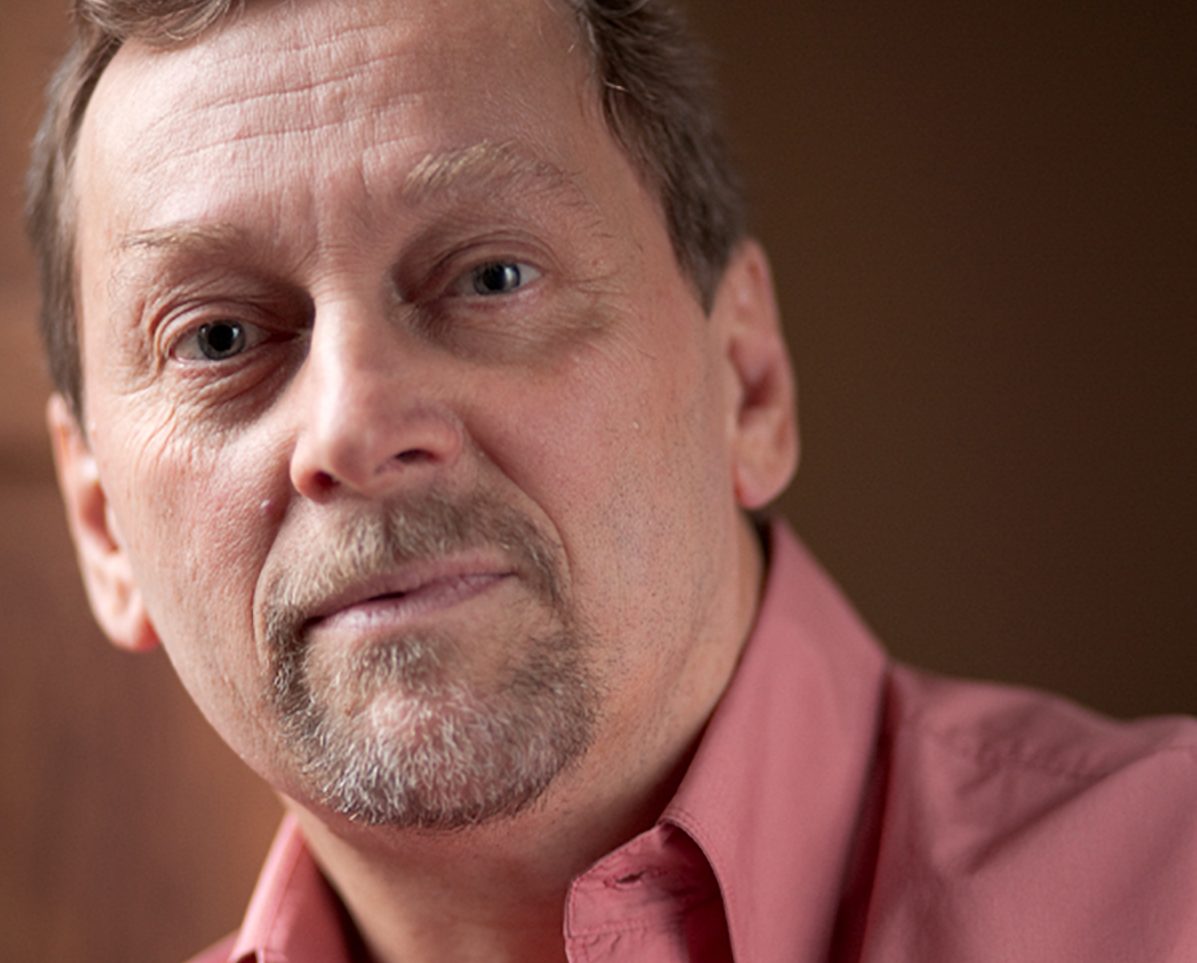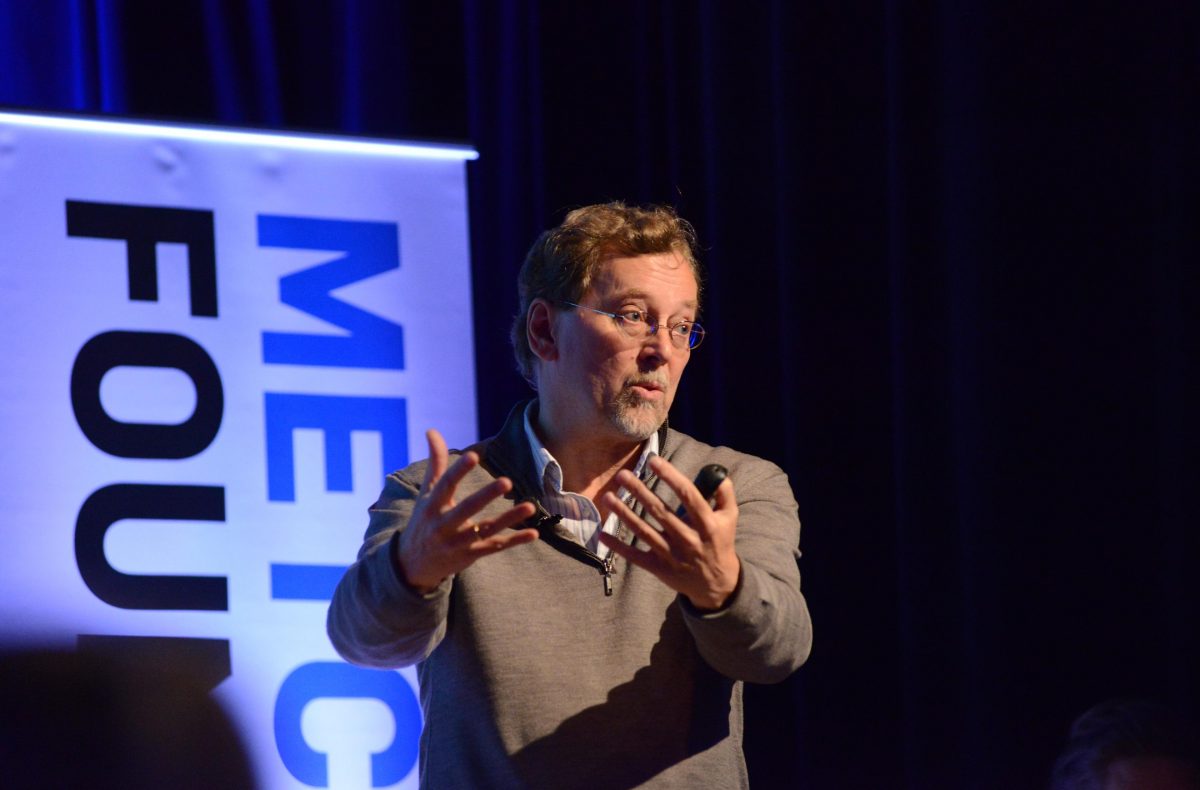When Richard Evans co-founded EmcArts 20 years ago, he recognized that, though many arts organizations wanted to adapt and innovate in response to a rapidly changing world, they often lacked the necessary tools to successfully move forward. Two decades later, Richard is now regarded as a leader in adaptive change for cultural organizations. As a nonprofit enterprise, EmcArts has worked with over 300 institutions and 2,500 leaders across the U.S. and Canada in identifying innovative new strategies to engage audiences, generate revenue, and create public value. A graduate of Trinity College, Cambridge, UK, his research and analytical expertise have been published in numerous field studies. Prior to founding EmcArts, he held senior positions in arts management and philanthropy, including Co-Director of the National Endowment for the Arts’ Advancement Program, Chief Executive of the Bath International Festival of Music & the Arts, England, and Vice President of the National Arts Stabilization Fund.
On Monday April 23, Richard will be in Toronto to introduce Staging Change, the exciting new program EmcArts is undertaking with the Metcalf Foundation. In preparation for this information session, Richard talked with us from his office in New York about his belief in the power of adaptive change and his hopes for working with Toronto’s performing arts companies.




